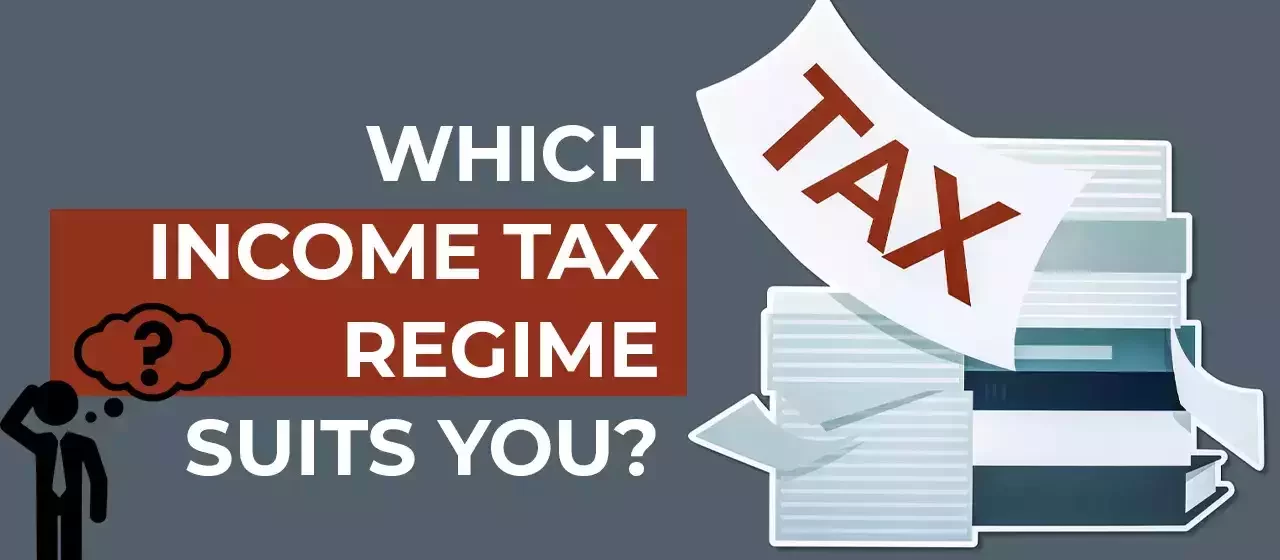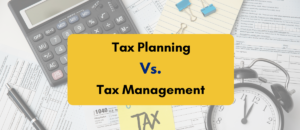- INTRODUCTION
Let’s unravel Section 115BAC of the Income Tax Act a new avenue for individuals, HUFs, AOPs, BOIs, and AJPs to explore. This section offers reduced tax rates, but here’s the twist: it requires excluding specific exemptions and deductions. Whether you’re navigating tax complexities like a pro or just trying to figure out which way is up (we’ve all been there!), mastering this can lead to smarter financial decisions and fewer tax-time surprises!
- Tips for Optimal Savings
Deciding between the old and new tax regimes hinges on the exemptions and deductions you can claim. If you don’t have significant deductions or exemptions, the new tax regime is typically more beneficial. Conversely, if you qualify for deductions under sections like 80C, 80D, HRA, or housing loan interest under Section 24, it’s wise to calculate your taxes under both regimes to see which one offers better savings.
- Importance of Form 10IEA
From Assessment Year 2024-25 onwards, the new tax regime will automatically apply to Individuals, HUFs, AOPs, BOIs, and AJPs unless they choose to opt for the old regime. Business or profession income earners opting out of the new regime must submit Form No. 10-IEA on or before the due date for filing their income return under Section 139(1). This form can be filed online via the Income Tax e-Filing Portal under “e-file > Income Tax forms > file Income Tax Forms.” Non-business income earners can indicate their preferred tax regime directly in their Income Tax Return (ITR) filing process.
- Tax Regime Comparison: Break-Even Points and Savings Analysis
Understanding the interplay between tax regimes can reshape your financial strategy. The following table illustrates break-even points where tax liabilities converge under both old and new regimes. This analysis provides insights into how deductions influence tax outcomes across varying income levels, empowering informed decision-making in your tax planning endeavors.
Additionally, it’s important to note that under the old tax regime, income up to ₹5,00,000 and under the new regime up to ₹7,00,000 is eligible for a tax rebate, resulting in no tax liability.
| Income (Rs) | Deductions Required for Break Even (Rs) | Tax Liability under New Regime (Rs) | Tax Liability under Old Regime (Rs) | Comments |
| 8,00,000 | 1,87,500 | 36,400 | 36,400 | The new regime is beneficial if deductions are less than ₹1,87,500 |
| 9,00,000 | 2,37,500 | 46,800 | 46,800 | The new regime is beneficial if deductions are less than ₹2,37,500 |
| 10,00,000 | 2,62,500 | 62,400 | 62,400 | The new regime is beneficial if deductions are less than ₹2,62,500. |
| 12,50,000 | 3,12,500 | 1,04,000 | 1,04,000 | The new regime is beneficial if deductions are less than ₹3,12,500. |
| 15,00,000 | 3,75,000 | 1,56,000 | 1,56,000 | The new regime is beneficial if deductions are less than ₹3,75,000. |
- Strategic Choices for Business Income Holders
Individual taxpayers and Hindu Undivided Families (HUFs) with business income can choose between the old tax regime, allowing deductions and exemptions, and the new tax regime with lower tax rates but fewer deductions. Once opted in New regime, they can switch to the old regime only once in subsequent years; however, if they switch back to the new regime, they cannot revert to the old regime in future fiscal years. Strategically delaying the switch to the old tax regime can be advantageous for taxpayers with business income, allowing them to maximize deductions and exemptions available under the old regime.
- Conclusion
As you navigate tax choices with Section 115BAC, remember: it’s all about making smart decisions that fit your financial goals. Whether you’re leaning towards the simplicity of the new regime or maximizing deductions under the old, planning ahead pays off. It’s crucial to compare the tax liability under both schemes before making your decision. We’ve witnessed cases in our professional experience where individuals, without analyzing the pros and cons of available deductions in each regime, end up paying higher taxes unnecessarily. Proper analysis can lead to significant tax savings. So, grab your calculators, embrace the tax season like a pro, and let’s ensure your wallet and your peace of mind come out ahead. Here’s to less tax stress and more financial wins!

 Expert verified
Expert verified 

